


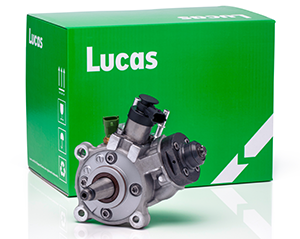
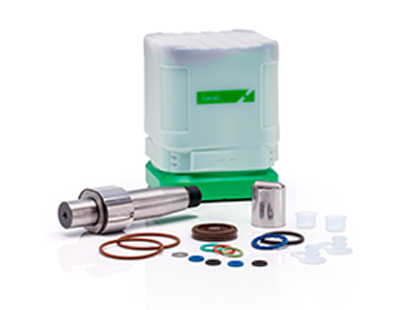
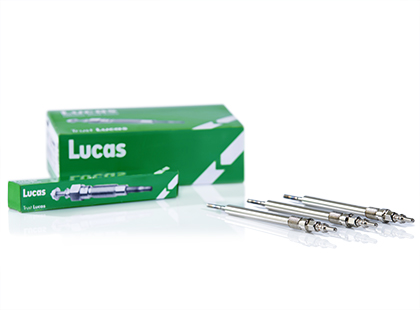
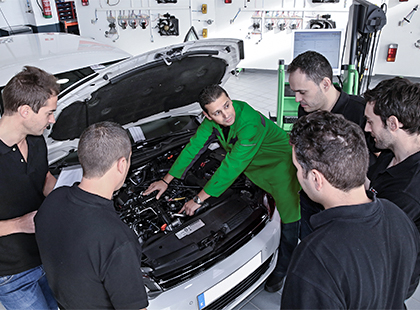
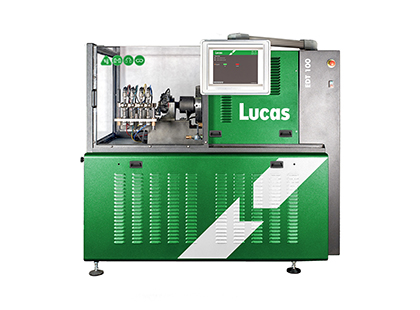


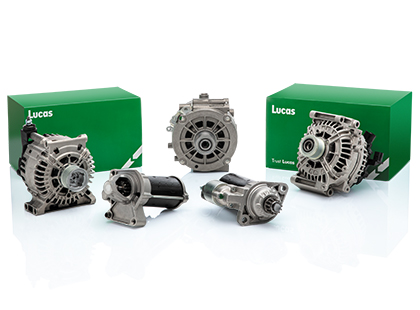



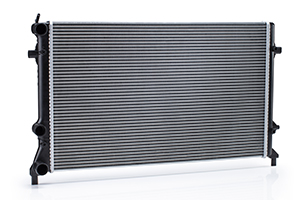
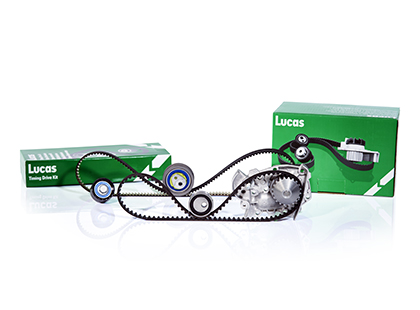





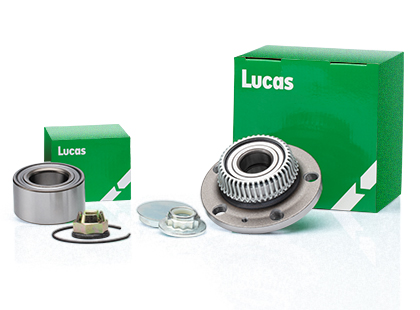



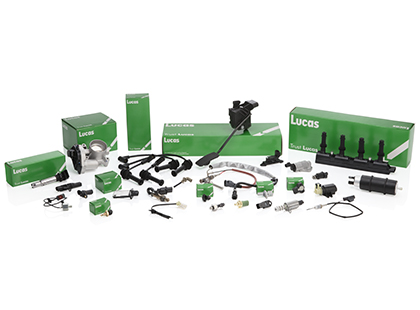


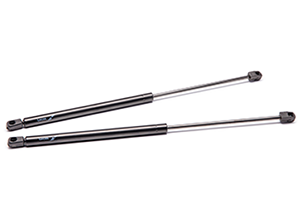






categorycontentpage
v1.9.0.1

Lucas diesel glow plugs are made in Europe in one of the most technically advanced factories. All diesel glow plugs are 100% factory tested to ensure best performance.
Diesel engines have spontaneous ignition, which means the injected fuel does not require a spark to ignite. The high temperature that occurs as a result of compressing intake air is sufficient to ignite the fuel. However, in cold conditions more energy is required to help ignition so good diesel glow plugs are a key factor for every cold start.
Diesel glow plugs compensate for the heat loss caused by the cool components and cold air and ensure that temperatures are optimal before ignition. The diesel glow plug is energised before the engine is started, the heater tube rising rapidly to over 800 degrees C for quick ignition. Diesel engines that fail to start easily are not only frustrating; they discharge unburnt fuel, which is not kind to the environment. Lucas heat technology ensures fast starting and so minimises this problem. Post glow takes place after the engine is running, preventing heat loss whilst the engine is warming up, typically 3 minutes. This reduces toxic emissions and white and blue smoke from the exhaust, and ensures the engine runs smoothly, with no cold start knocking.
Diesel engine glow plugs are often ignored until starting problems on a cold morning. With the rise in the diesel parc, diesel glow plugs should be considered an essential service item. Unlike spark plugs, glow plugs give little warning before failure, which often goes undetected until it’s too late!
Lucas diesel glow plugs are available individually or in outer cartons of 12.
The Lucas diesel glow plug range uses the latest materials and production facilities to ensure quality and reliability is maintained. All our diesel engine glow plugs are laser engraved with the part number and batch code for traceability.
Lucas glow plugs cover 65 vehicle manufacturer brands and over 11,000 vehicle applications including modern and popular European, Japanese and Korean Cars and Light Commercial Vehicles.
Lucas products are available on all major cataloguing platforms including TecAlliance (TecDoc), MAM, InfoRicambi and more.
Lucas product specialists are continually evaluating market needs based on vehicle parc and customer feedback on products. We are also pro-actively developing part numbers that we feel reflect the future market demand.
|
Part No |
Application |
Date |
|
LP177 |
Opel/Vauxhall B20DTH/D20DTH/D20DTR |
2014 - Present |
|
LP178 |
Mitsubishi/Kia/Hyundai various |
1995 - 2008 |
|
LP179 |
Mitsubishi 4D56HP |
2007 - 2015 |
|
LP180 |
Hyundai/Kia 2.0 CRDI D4HA/D4HB |
2010 - Present |
|
LP181 |
Hyundai/Kia 1.4/1.6 |
2016 - Present |
|
LP182 |
Hyundai IX55 3.0V6 D6EA |
2008 – 2012 |
|
LP183 |
Honda Civic 1.7CTDI 4EE2/Vauxhall 1.7 Z17 |
2000 - 2014 |
|
LP184 |
Ford/Mazda/Kia/Suzuki various 2.5D |
1999 - 2012 |
|
LP185 |
Ford C-Max, Focus, Mondeo, Transit (Parking Heater Plug) |
2007 - Present |
|
LP186 |
Chrysler/Jeep/VM 2.8CRD ENS |
2007 - Present |
|
LP187 |
Chrysler/Jeep/VM 2.8CRD ENR |
2004 – 2012 |
|
LP188 |
BMW/Mini N47/B37 |
2010 - Present |
|
LP189 |
Alfa/Fiat/Opel/Vaux 1.3 Multijet |
2009 – Present |
Lucas diesel glow plugs undergo a battery of tests before being packed for shipment. We test a number of parameters, including temperature, vibration, corrosion and endurance.
The temperature test for diesel glow plugs is carried out on a test bench and the voltage applied is relevant to the intended application. Temperature is measured by IR sensors or cameras on the first 5mm of the plug probe.
Vibration tests to simulate engine noise are conducted. Although each engine has its own “sound” there are some standardised vibration tests. Diesel engine glow plugs are submitted to multi-axis vibrations to simulate engine acceleration and usually cover a range of values. These tests run for eight hours continuously and to pass the test the diesel glow plug must still remain functional.
To test corrosion resistance, a diesel glow plug is submerged in a sodium chloride mixture for 60 hours, after which the plug should show no signs of rust and be fit for correct installation.
It is not possible to replicate everyday use in a laboratory so for endurance testing we vary the tests to specific criteria, as tabled below.
|
Type |
Voltage |
Time |
Voltage |
Time |
Voltage |
Time |
Cycles |
|
SR |
14 |
20 s |
0 |
100 s |
- |
- |
3000 |
|
ISS |
11 |
1.9 s |
5.6 |
18.1 s |
0 |
100 s |
3000 |
Self-Regulating (SR) plugs are subject to a fast heat test, as applied in OE laboratories. Because of their versatility ISS plugs are tested on durability and can be customised to customers’ requirements.
Before fitment, inspect the thread on both the engine and the new diesel glow plug to ensure that it is clean and free of burrs. Ensure the diesel glow plug matches those that have come out. Insert the diesel glow plug into the engine and tighten by hand. Use of pneumatic tools and pry bars is strongly discouraged. Once seated the diesel engine glow plug can be tightened using the correct torque settings.
|
Thread diameter |
Torque setting |
|
4 mm |
0.8-1.5 Nm |
|
5 mm |
3.0-4.0 Nm |
|
8 mm |
8-15 Nm |
|
10 mm |
15-20 Nm |
|
12 mm |
20-25 Nm |
|
14 mm |
20-25 Nm |
|
18 mm |
20-30 Nm |
Modern technology has affected everything including the diesel glow plug. Despite the fact that many diesel glow plugs look the same from the outside, the internal components can be different. Lucas diesel engine glow plugs are designed to function at a specific voltage and over a set time to bring a diesel engine to the correct temperature for optimum efficiency.